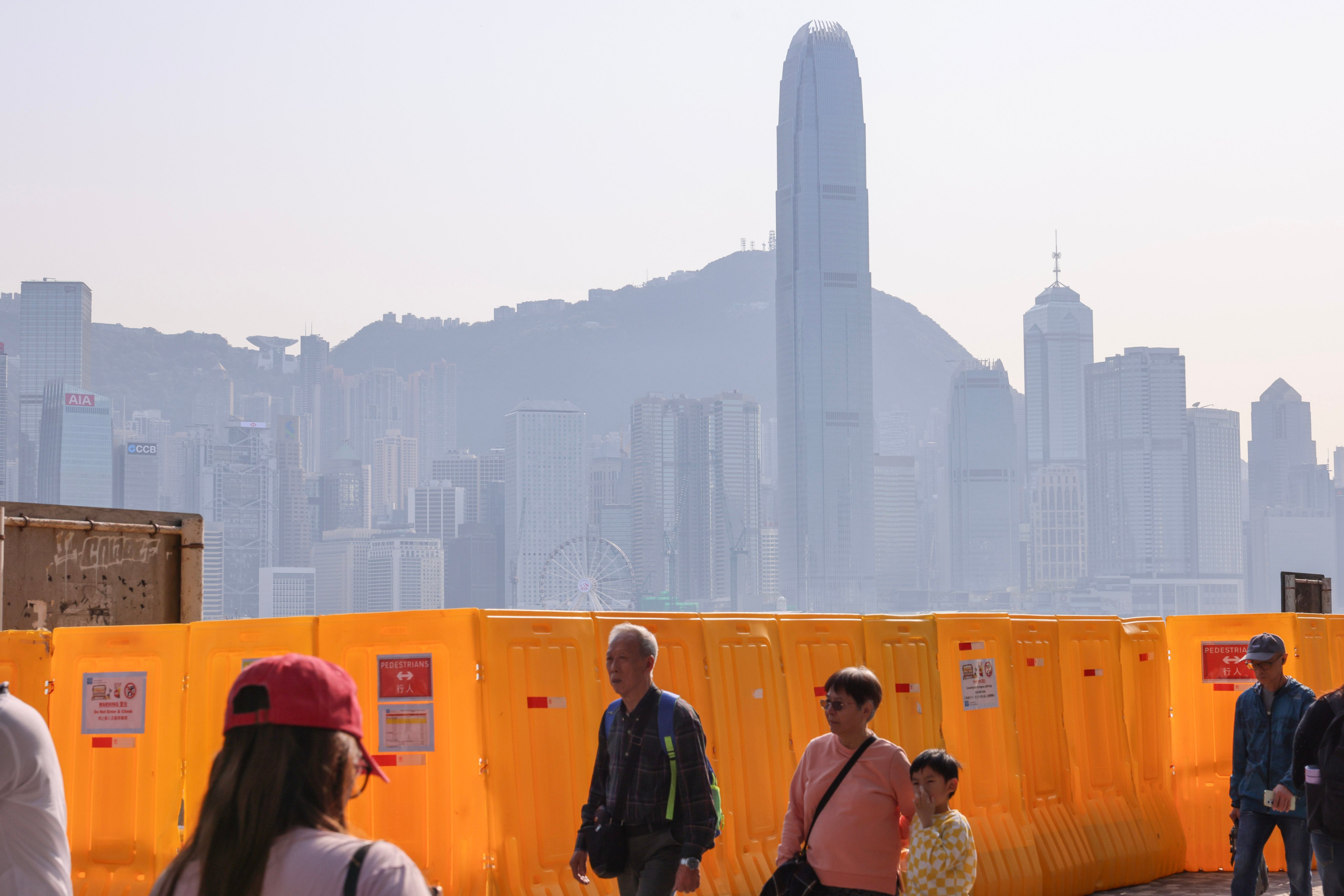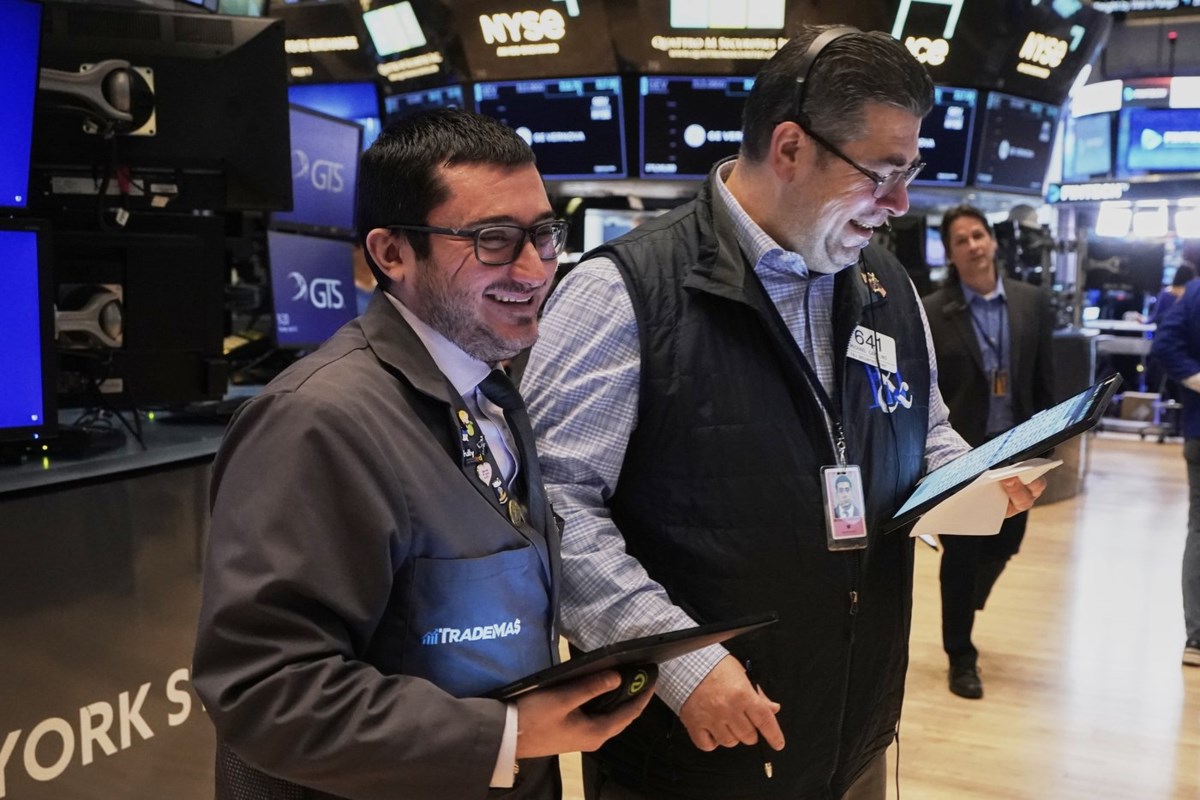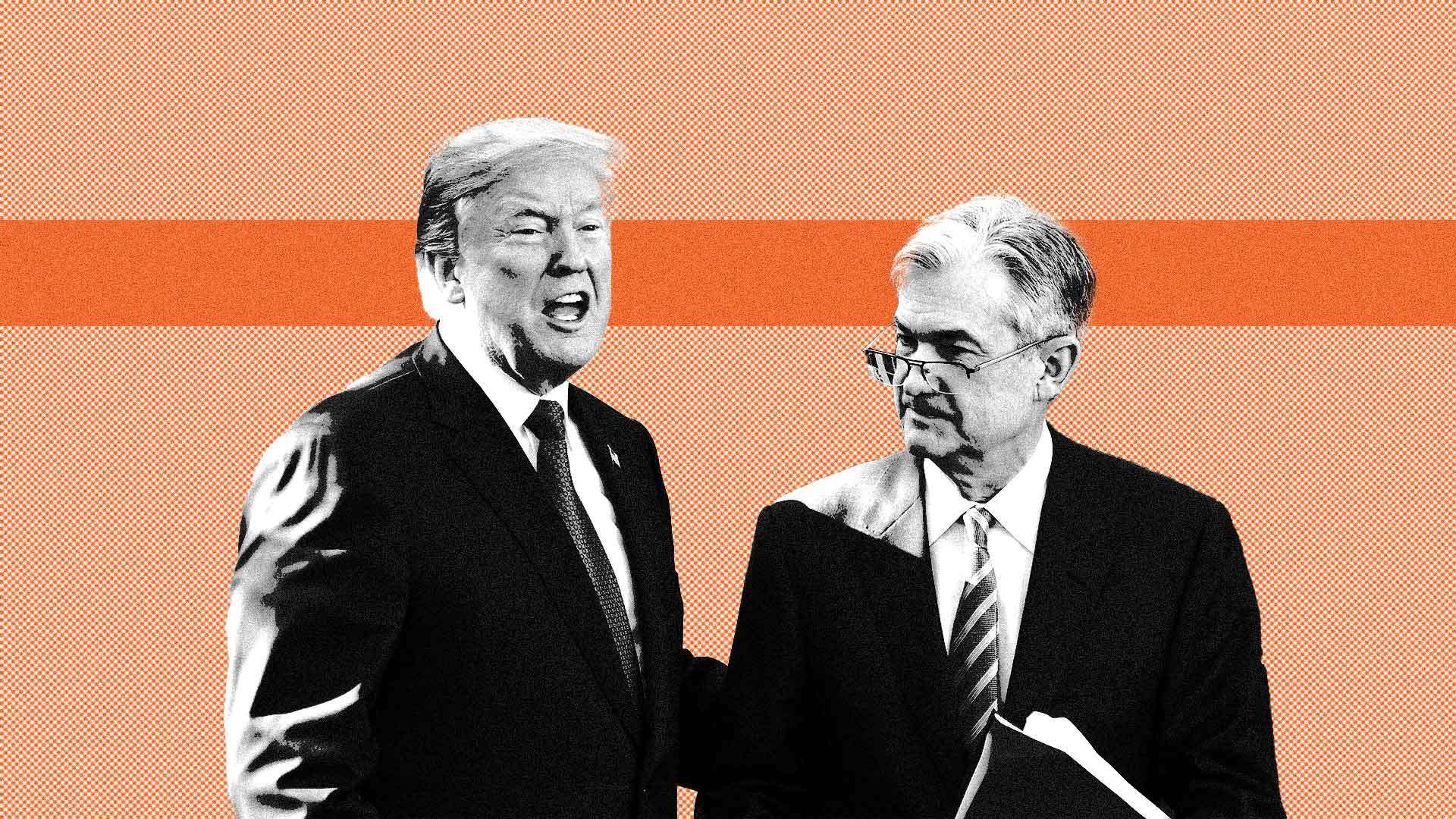Can US tariffs targeting Hong Kong’s ‘very survival’ really choke the life out of it?

One line in particular in a strongly worded speech by Xia Baolong, Beijing’s top official on Hong Kong affairs, drew widespread attention last week. The pre-recorded speech covered a wide range of issues and reiterated many of Beijing’s official lines about Hong Kong’s security. Xia also condemned the US tariffs on Hong Kong, claiming they were not just about trade but aimed at taking away the city’s life itself. “Despite Hong Kong being the largest source of the US trade surplus, the United States still imposed high tariffs on it. This is extremely arrogant and shameless,” Xia said in the keynote speech at a ceremony marking the city’s 10th National Security Education Day. “The US isn’t after [Hong Kong’s] tariffs, it is after our very survival.” While it was not surprising that Xia lambasted the US, his tone was harsher than ever before. Some observers said it was a war cry aimed at rallying Hong Kong officials and the business sector to fight alongside Beijing in the trade war with the US. The speech also elaborated on Beijing’s long-standing position that the US had tried to create turmoil in Hong Kong since the 2019 unrest, while warning of lingering risk factors that might cause instability. However, what stood out was how Xia’s speech underscored Beijing’s view of the tariff war as a serious threat to Hong Kong’s survival, though he maintained that unity between Hong Kong and the mainland would ultimately ensure victory. Xia’s words presented a stark contrast to the positive message from Hong Kong officials – who have been trying to shore up public confidence by highlighting the “opportunities” opened up by the trade war. City finance chief Paul Chan Mo-po, for example, has highlighted how international capital is flowing into the Hong Kong market, and how the city has become more appealing to mainland firms for stock exchange listings and fundraising. While it is understandable that officials want to boost business confidence, the serious risks the unprecedented trade war poses to Hong Kong’s economy should not be overlooked. The US is Hong Kong’s second-largest export market, accounting for US$37.9 billion in merchandise in 2024. Telecoms equipment and parts made up the greatest share, followed by computers, precious stones, jewellery, semiconductors and electronic valves and tubes. With the US having scrapped Hong Kong’s preferential trading status, the city now faces the same level of tariffs as the rest of China. The effective rate now stands at about 156 per cent for some Hong Kong exports, after repeated salvoes between Beijing and Washington. The tariffs not only affect Hong Kong’s direct exports to the US, they also have a major impact on the city’s role as a gateway trading hub for mainland China. A significant amount of Hong Kong’s inbound and outbound trade with the mainland was processed for exports, especially items bound for the US. Those re-exports will also now face the same high duties. The first to feel the heat will be Hong Kong’s small and medium-sized enterprises (SMEs). According to the Commerce and Economic Development Bureau, SMEs are the bedrock of Hong Kong’s economy, accounting for more than 98 per cent of enterprises and employing around 45 per cent of the city’s private sector workforce. Unlike the big commercial groups, many of these SMEs have yet to recover from the economic shock of the Covid years and the loss of retail business to mainland cities like neighbouring Shenzhen. The retail sector had already shrunk by 7.3 per cent in value and 9 per cent in volume last year compared to 2023, according to provisional official data released in February. SMEs engaged in trade and processing operations are facing mounting pressure, with some reporting that US clients are demanding they bear the tariff costs or risk losing contracts. These companies must also cover warehousing and mainland manufacturing costs when goods are stranded in Hong Kong or mainland China. It is just the beginning of the storm and the pain will be felt more acutely in a few months. However, the hardship does not mean that the US tariffs can easily choke the life out of the city – because Hong Kong remains a free port that still appeals to foreign investors and traders. However, it is time for heightened vigilance and urgent preparation to weather the turbulence ahead.



















